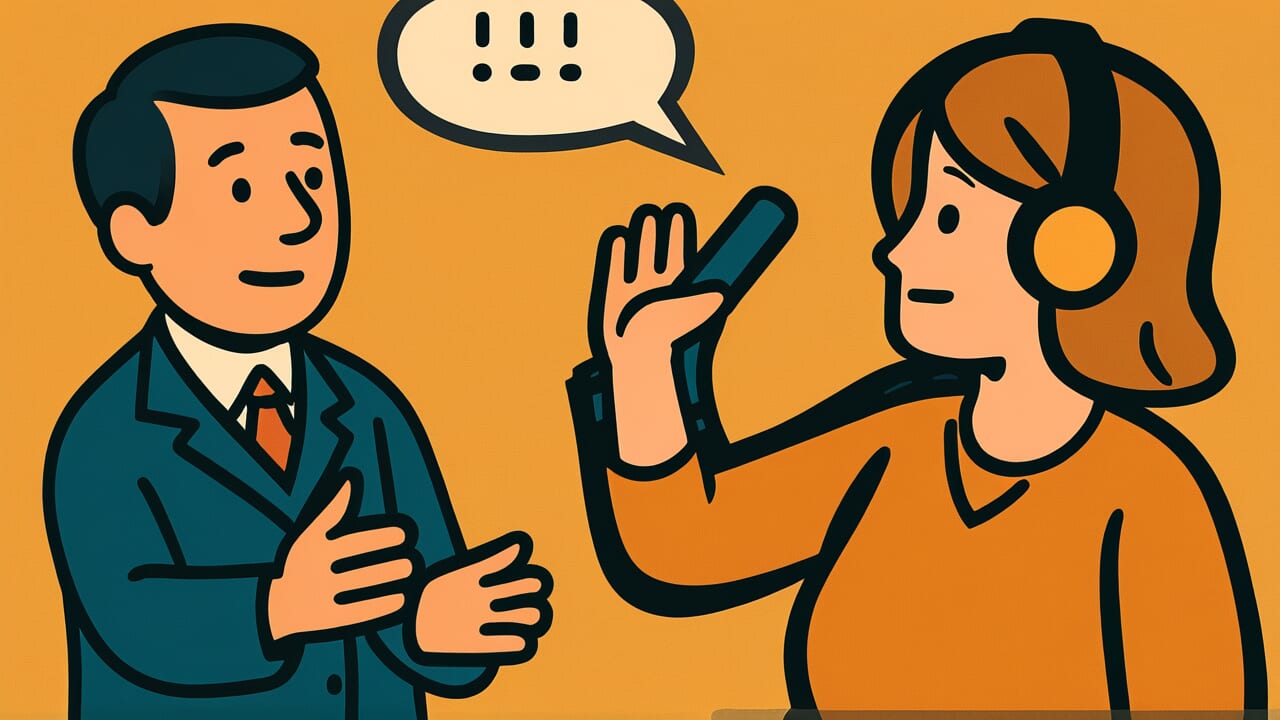How to Read “Counsel is no command”
Counsel is no command
[KOWN-sel iz noh kuh-MAND]
All words use common pronunciation.
Meaning of “Counsel is no command”
Simply put, this proverb means that giving advice is not the same as giving an order that must be followed.
The literal words break down clearly. Counsel means advice or guidance from someone. Command means a direct order that requires obedience. The proverb points out these are completely different things. When someone offers counsel, they share their thoughts or suggestions. When someone gives a command, they expect immediate action without question.
We use this wisdom today in many situations. Parents might offer counsel to adult children about career choices. Friends give counsel about relationships or money decisions. Bosses sometimes offer counsel instead of direct orders. In each case, the person receiving counsel can choose whether to follow it. They have the freedom to consider the advice and make their own decision.
What’s interesting about this wisdom is how it protects both sides. The person giving counsel isn’t responsible if things go wrong. The person receiving counsel keeps their independence and choice. This creates a healthier dynamic than constant commands. It recognizes that adults need space to make their own mistakes and learn from them.
Origin and Etymology
The exact origin of this specific phrase is unknown, though similar ideas appear in various forms throughout history.
The concept reflects medieval and early modern thinking about authority and advice. During these periods, clear distinctions existed between different types of communication. Commands came from those with legal or military authority. Counsel came from advisors, friends, or family members. People understood these carried different weights and expectations. This distinction helped maintain social order while allowing personal freedom.
The saying likely spread through everyday conversation rather than formal writing. People found it useful for clarifying relationships and expectations. Parents used it with grown children. Advisors used it with rulers. Friends used it with each other. Over time, it became a standard way to explain the difference between suggestion and obligation. The phrase remains relevant today because the same tensions between advice and authority still exist.
Interesting Facts
The word “counsel” comes from Latin “consilium,” meaning deliberation or advice. It shares roots with “consul,” the Roman officials who gave guidance to the state.
The word “command” derives from Latin “commendare,” originally meaning “to entrust” but evolving to mean “to order” or “to have authority over.”
This proverb uses parallel structure with “counsel” and “command” both starting with the same sound, making it easier to remember and repeat.
Usage Examples
- Mentor to student: “I suggest you study abroad, but the choice is yours – counsel is no command.”
- Parent to adult child: “You should consider that job offer, though ultimately it’s your decision – counsel is no command.”
Universal Wisdom
This proverb reveals a fundamental tension in human relationships between autonomy and guidance. Throughout history, people have struggled with when to offer help and when to step back. We naturally want to share our wisdom with others, especially those we care about. Yet we also need independence to grow and learn from our own experiences.
The wisdom addresses a core psychological need for both connection and freedom. When someone offers counsel, they show they care enough to share their thoughts. When they clarify it’s not a command, they respect the other person’s right to choose. This balance allows relationships to remain strong while individuals maintain their sense of agency. Without this distinction, advice-giving becomes controlling and relationships suffer.
The proverb also reflects how authority actually works in human societies. True authority comes from legitimate power structures, not from good intentions or superior knowledge. Someone might have excellent advice, but that doesn’t give them the right to force compliance. This understanding prevents the confusion that destroys trust between people. It acknowledges that wisdom and authority are separate things, and mixing them up causes problems for everyone involved.
When AI Hears This
Free advice creates a hidden problem in human relationships. People give bolder suggestions when they won’t face the consequences. Advisors can be generous with other people’s time and money. Meanwhile, smart listeners learn to discount advice from those with nothing to lose.
This explains why humans instinctively trust certain advisors more than others. The best guidance often comes from people who share your risks. Parents give different advice than friends because parents bear emotional costs. Doctors with successful practices give more careful recommendations than theoretical experts.
What fascinates me is how humans solved this ancient problem. You developed an invisible skill for weighing advice based on consequences. You automatically trust someone more when they have skin in the game. This creates a beautiful balance between learning from others and protecting your autonomy. Free counsel flows freely, but wise humans filter it carefully.
Lessons for Today
Understanding this wisdom helps navigate the delicate art of giving and receiving advice. When offering counsel, clarity about expectations prevents misunderstandings and resentment. People respond better to suggestions when they know they won’t be judged for choosing differently. This approach builds trust and keeps communication channels open for future conversations.
The wisdom also protects relationships from the damage that comes from overstepping boundaries. Well-meaning advice can feel like criticism or control if not handled carefully. By explicitly acknowledging that counsel carries no obligation, we give others the gift of choice. This respect for autonomy often makes people more likely to actually consider the advice seriously, since they don’t feel pressured or manipulated.
On the receiving end, this understanding provides freedom from guilt or obligation when declining advice. Not every suggestion fits every situation, and people know their own circumstances best. Recognizing that counsel is just counsel allows individuals to take what’s useful and leave what isn’t, without damaging relationships. This creates space for honest conversations where people can share openly without fear of creating unwanted commitments. The result is better advice, better decisions, and stronger connections between people who respect each other’s independence.



Comments